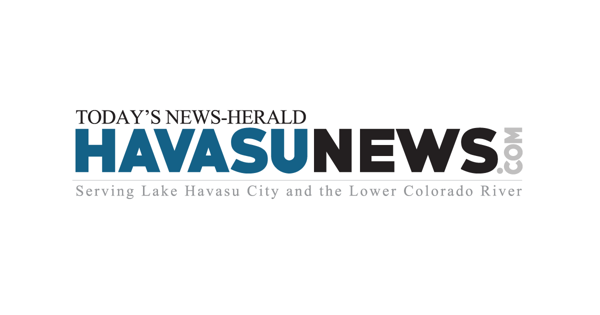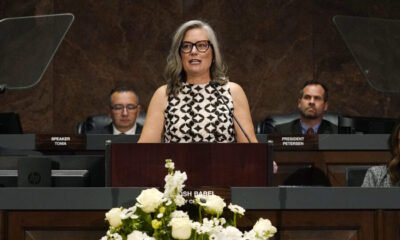Politics
Secretary of State Urges AZ Supreme Court to Reverse Decision on Prop 140 Ballot Removal

PHOENIX — Arizona Secretary of State Adrian Fontes has filed a plea with the state Supreme Court, urging the dismissal of legal challenges against Proposition 140, which seeks to implement a nonpartisan primary system and introduce ranked-choice voting for general elections.
In his recent submissions, Fontes refrained from expressing a stance on the merits of the initiative itself. He highlighted the pressing timeline, noting that ballots for a significant portion of Arizona and accompanying pamphlet information are already in the printing process.
The Supreme Court has mandated that Proposition 140 be included on the ballot. However, concerns linger as justices instructed Maricopa County Superior Court Judge Frank Moskowitz to review claims from opponents who assert that the initiative lacks sufficient valid signatures.
Should Moskowitz find the signature count insufficient, the justices ordered that election officials refrain from counting those ballots. Fontes countered this directive, claiming it contradicts the Arizona Constitution, which does not permit invalidating votes once they are cast.
“It is unprecedented to allow voters to cast ballots only to disregard those votes later,” Fontes’ attorneys argued. They asserted that the current legal framework does not support the idea of halting the canvassing of votes.
Daniel Arellano, representing the critics of Proposition 140, contended that halting litigation simply because ballots are printing would set a troubling precedent. “The committee’s intent has been to run out the clock,” he argued. Arellano purported that the make Elections Fair committee has manipulated the process to bypass scrutiny of their initiative.
Proponents of the measure gathered approximately 575,000 signatures, yet a preliminary review found only about 409,474 valid signatures. Opponents argue that multiple duplicate signatures could drop this number below the required 383,923 to qualify for ballot status.
Moskowitz initially dismissed these claims but was instructed by the Supreme Court to reassess previous evidence he had overlooked. The challenge lies in the limited timeframe available to verify questioned signatures due to the imminent printing of ballots last month.
Fontes expressed frustration regarding the Supreme Court’s directive, emphasizing that voters should have the final say once ballots are printed. “The electorate must decide,” he reiterated. He also pointed out that if opponents are dissatisfied with the outcome, they have the option to propose an alternative measure in future elections.
Fontes advocated for the voter’s right to free elections, invoking state constitutional provisions that protect the electoral process from interference.
Contrasting perspectives surfaced during the discussions, especially on potential legal inconsistencies. Arellano highlighted a separate legal challenge concerning a candidate’s eligibility based on residency requirements, questioning Fontes’ differing positions in these cases.
The Supreme Court has yet to announce when it will rule on Moskowitz’s review of the signatures. Meanwhile, attorney Travis Hunt, representing the Make Elections Fair committee, urged for a swift resolution, citing the ongoing uncertainty as detrimental to the initiative and its supporters.
“Every day this drags on causes irreparable harm,” Hunt stated. “The prolonged litigation affects our ability to campaign effectively,” he noted, underscoring the years of effort and resources invested in the initiative.








![Members of the Arizona House of Representatives vote during a third reading of nearly three dozen bills at the Arizona State Capitol on March 4, 2025. [Monica D. Spencer]](https://arizonanews.org/wp-content/uploads/2025/06/SR-347-Secures-53M-in-Third-State-Budget-Draft-Awaiting-400x240.jpg)
![Members of the Arizona House of Representatives vote during a third reading of nearly three dozen bills at the Arizona State Capitol on March 4, 2025. [Monica D. Spencer]](https://arizonanews.org/wp-content/uploads/2025/06/SR-347-Secures-53M-in-Third-State-Budget-Draft-Awaiting-80x80.jpg)







